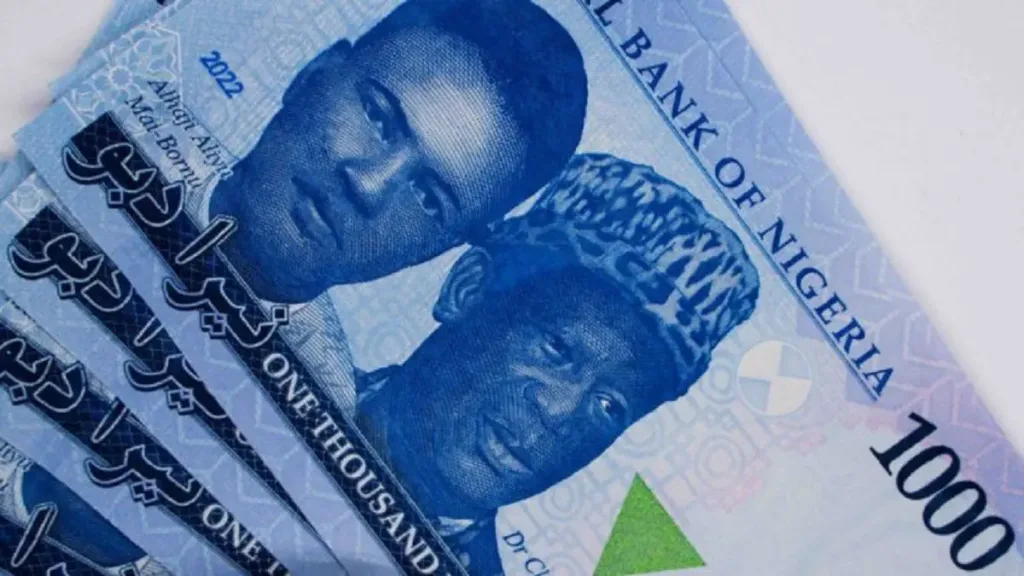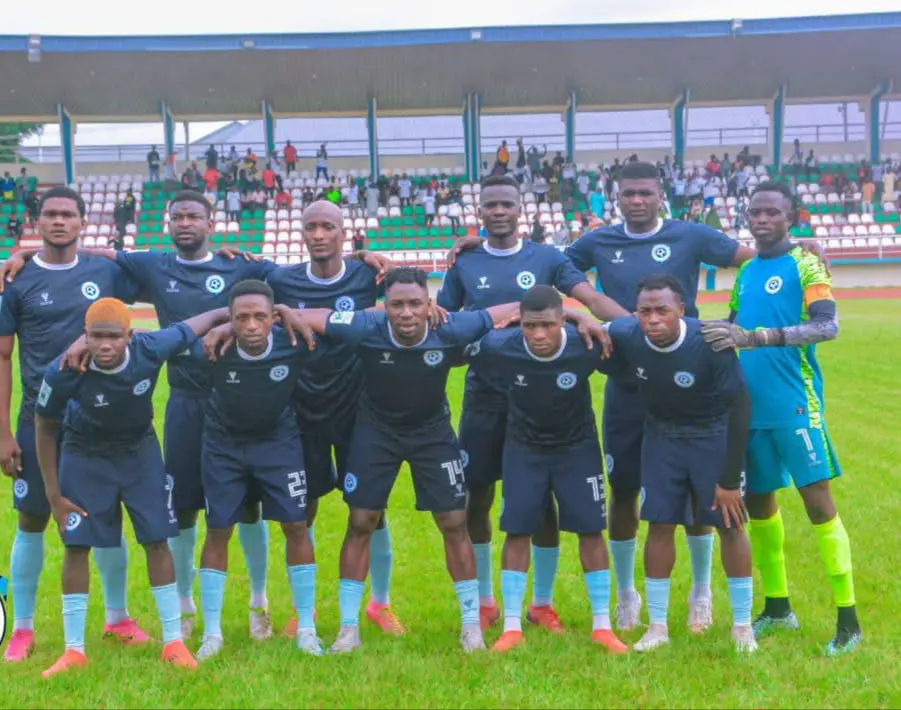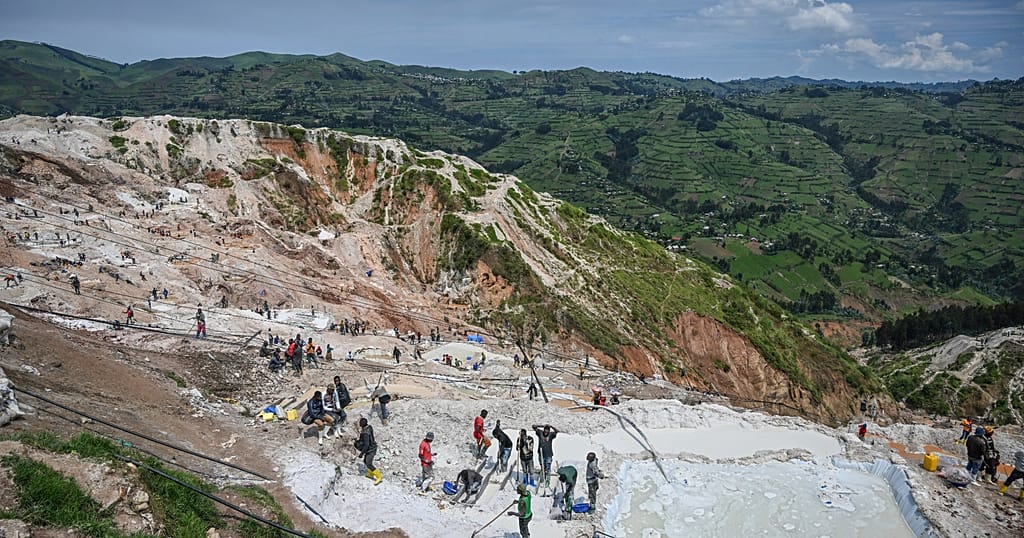A prominent Nigerian comedian has publicly questioned the credibility of a celebrity barman’s explanation for missing a high-profile wedding, sparking debate over the transparency of U.S. visa processes for public figures. The controversy centers on Cubana Chief Priest, a socialite and entrepreneur, who attributed his absence from Afrobeat star Davido’s recent Miami nuptials to a visa denial.
Klintoncod, a comedian known for his candid takes on Nigerian pop culture, raised doubts on social media about Cubana’s account. In a post on X, Klintoncod pointed to the successful travel of Isreal DMW, Davido’s logistics manager, who reportedly possesses limited English proficiency. “If someone like Isreal could attend, why would a billionaire like Cubana, whose wife and children have visas, be denied?” Klintoncod wrote in a mix of Nigerian Pidgin and English, suggesting undisclosed reasons might explain the socialite’s absence.
The debate deepened when a user defended Cubana by referencing a prior interview in which the businessman claimed he was denied a U.S. visa years ago during his pre-fame days, attributing the rejection to using an unauthorized agent. Klintoncod dismissed this defense as “dead talk,” doubling down on his skepticism. The exchange has drawn attention to inconsistencies in visa approval patterns, particularly for Nigerian celebrities navigating international travel.
Davido’s wedding, a star-studded event attended by global musicians and influencers, has kept tensions in the spotlight. Observers note that Cubana’s absence was conspicuous given his close ties to the singer and his reputation as a fixture at high-society gatherings. While U.S. visa denials are not uncommon—often linked to documentation issues, financial instability, or prior immigration violations—the case has raised questions about how fame and financial status influence consular decisions.
Though neither Cubana nor U.S. authorities have issued formal statements, the online discourse reflects broader conversations about transparency and privilege. Klintoncod’s remarks resonate with audiences familiar with the challenges of securing visas from countries like the U.S., where applications are assessed case by case. The incident underscores the heightened scrutiny public figures face, as personal and professional narratives often intersect in the court of public opinion. For now, the unanswered questions continue to fuel speculation, leaving fans to dissect the complexities of cross-border mobility in an era of celebrity and social media.



